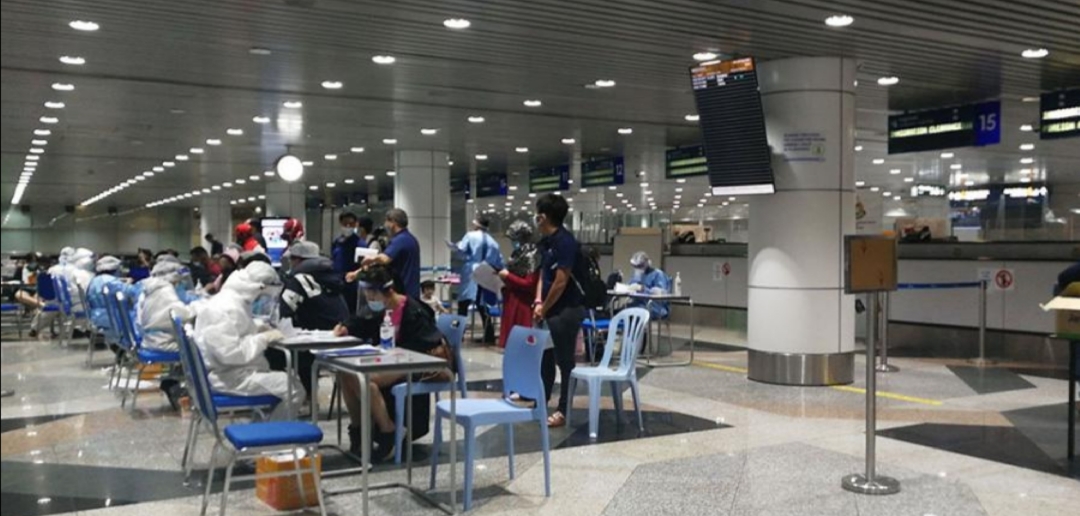Overseas travel is at govt’s discretion under the law now, says judge

PUTRAJAYA: A Federal Court judge has expressed concern over a majority judgment that it was merely a privilege given to citizens to travel abroad even though they have a valid passport.
Nallini Pathmanathan, who was in the minority, made her remarks after a majority of four judges held Sections 59 and 59A of the Immigration Act to be constitutional.
Section 59 allows the home minister and immigration director-general the right not to give reasons for their action, except for procedural non-compliance.
The ouster clause in Section 59A of the Immigration Act prevents aggrieved citizens the right to judicial review.
However, on the facts, the seven-member bench unanimously allowed Petaling Jaya MP Maria Chin Abdullah’s appeal that the immigration director-general was wrong in imposing a travel ban on grounds that she had criticised the government.
The majority consisted of Rohana Yusuf, Abdul Rahman Sebli, Hasnah Mohammed Hashim and Mary Lim Thiam Suan.
Nallini was in the minority, together with Chief Justice Tengku Maimun Tuan Mat and Harmindar Singh Dhaliwal.
Nallini, in her supplementary finding in support of Tengku Maimun’s minority judgment, said Maria’s appeal concerned questions relating to basic fundamental liberties.
“The net effect of the majority judgment is that in this day and age the right to travel outside of Malaysia is not a fundamental liberty under Article 5(1) of the Federal Constitution.
“Even if you have a valid passport, it is only a privilege,” she said.
Nallini said a person could be prohibited from travelling overseas by the immigration director-general by a law, which was merely procedurally correct, without regard to its constitutional validity.
“A decision to prohibit any person from travelling outside of Malaysia is imposed at the discretion of the executive.”
She said the executive’s decision to ban a citizen from travelling cannot be reviewed by the superior courts.
“The law on which the decision was based is also immune from judicial scrutiny as to its constitutionality because Parliament is entitled to legislate as it thinks fit.”
Nallini said when any person is prohibited from travelling, they cannot object or be heard on the issue of the ban.
“As such, the superior courts are limited in their powers of review. They may only administratively review statutes and Acts, or omissions of the legislature and the executive, but not constitutionally review the same, if Parliament deems so.”
She also said a 1988 amendment to Article 121 of the Federal Constitution did not make the judiciary subordinate to Parliament.
“How can the superior judiciary on the one hand be expressly allowed to strike down law, which includes federal law, and at the same time be subordinated to that same federal law? It is a legally incoherent proposition,” she added.
Maria had sought legal remedy after she was informed of her travel ban just shortly before she was to board a flight to South Korea on May 15, 2016 at KLIA.
However, the travel ban was lifted two days later.
She then filed a judicial review to challenge the decision to bar her from travelling. She had lost her case in the High Court and Court of Appeal.






You must be logged in to post a comment.